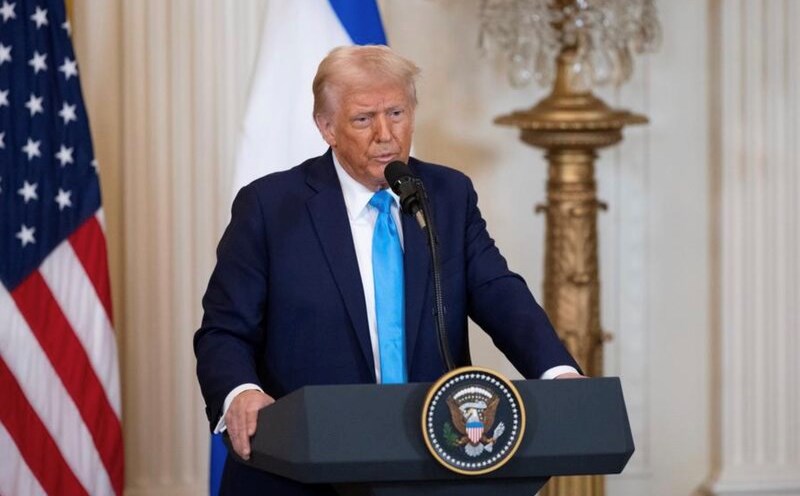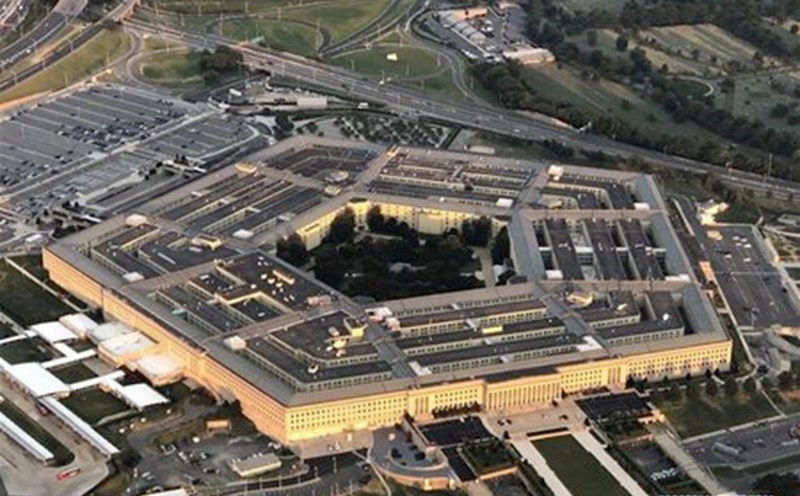The US Supreme Court has agreed to review the legality of the global tariffs imposed by Donald Trump on September 10. This is considered one of the most powerful tools in his economic and trade policies.
The decision comes from the US Department of Justice's appeal after the federal appeal court in Washington concluded that Trump had violated his authority by citing the International Economic Emergency Area (IEEPA) law to impose tariffs.
The court is scheduled to open a debate in early November, in a new 9-month term starting on October 6. While waiting for the verdict, the tariffs will remain.
The case arose from two lawsuits, one of five from a small arms importing enterprise, including a wine importer in New York and a fishing gear retailer in Pennsylvania, and a lawsuit from 12 states controlled by the Democratic Party. Another lawsuit from toymaker Learning Resources is also under review.
Mr. Trump sees tariffs as a key foreign tool for renegotiating trade agreements and putting political pressure. He has imposed tariffs on imports from China, Canada and Mexico to limit the smuggling of fentanyl and drugs into the US.
The Justice Department argues that denying the president's right to impose tariffs could face US trade retaliation, dragging the economy to the brink of "disaster". In contrast, lawyer Jeffrey Schwab, a representative of small businesses, asserted that the US Constitution gives the Congress the authority to impose tariffs, not a unilateral president.
The federal appeal court found that the National Assembly is unlikely to intend to give the president unlimited authority to impose taxes, and the government's over-exaggerated interpretation of IEEPA violates the Supreme Court's "big problem" principle. Previously, the US international commercial court also rejected this tariff policy.
According to the National Assembly Budget Office, increasing import tariffs could help the US reduce a deficit of up to $4 trillion in the next 10 years. However, many experts warn that this legal dispute will directly affect the global market and international trade relations, because the value of related taxes is up to thousands of billions of USD.











